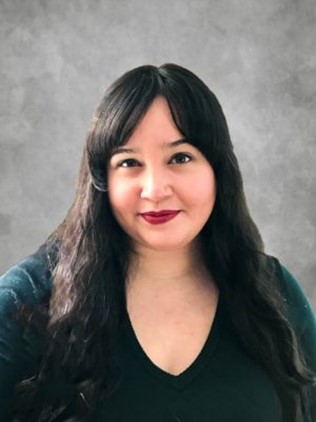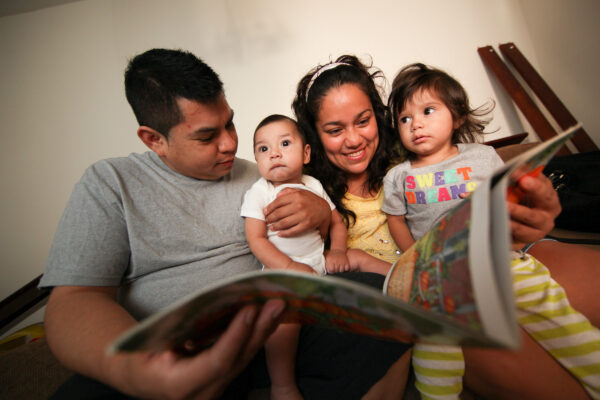Partnering With Existing Early Childhood Developmental Screening Initiatives
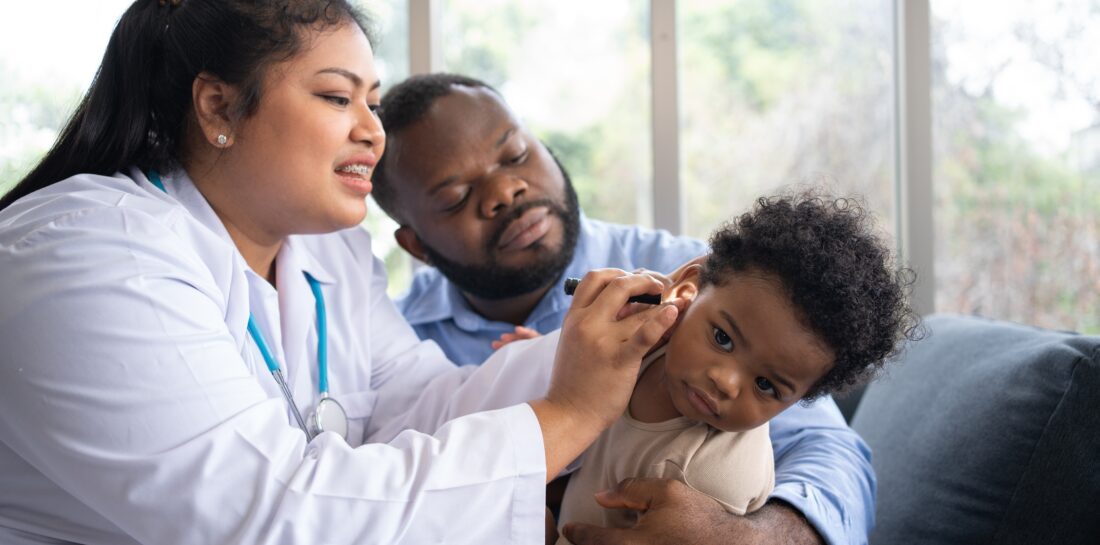
Screening is critical for positive early childhood development outcomes – but health care providers can face barriers in implementing screening. In this webinar, presenters shared their experiences with partnering across sectors for screening initiatives in their communities and highlighted how to leverage local opportunities and create stronger communication between the medical home and broader early childhood system. Presenters included:
- Rebecca Hernandez, MSEd, Manager, Help Me Grow Orange County
- Barb Tengesdal, PhD, Executive Director, First 5 Fox Valley and Help Me Grow Wisconsin
- Jennifer Koop, PhD, ABPP, Medical Director, Pediatric Neuropsychology at Children’s Wisconsin
- Melissa Passarelli, MA, Associate Director of Implementation and System-Building, Help Me Grow National Center
This webinar was designed for early childhood health care providers, community-based organizations involved in early childhood developmental screening, public health workers, and early childhood system leaders. The learning objectives were to:
- Summarize the variety of settings in which screening may be occurring locally.
- Describe how screening and referral practices can take form and apply in various ways.
- Identify current screening methods and best practices that may be leveraged to support local screening efforts.
Watch the recording and reading the webinar highlights below to learn more.
Key Takeaways
- It is important to partner with developmental screening initiatives for several reasons, including:
- Families with young children exist everywhere, meaning they interact with a variety of settings, such as doctors’ offices, child care spaces, home visiting programs, community-based organizations, and more.
- Screening happens in multiple places. Aligning efforts can help make screening more universal, create a more seamless experience for families, minimize duplication, ensure that different parts of the system act as a team for families, allow for universal messaging on developmental promotion, right-size workforce capacity, and minimize costs.
- There are multiple local programs and initiatives that offer screening or can help find who does offer screening nearby, including:
- The local Child Care Resource and Referral Agency that supports child care providers and may know of screening programs.
- The county/state Child Find (IDEA Part B/C) administrator to learn more about Child Find practices.
- Programs with locations and affiliates across the country, including Early Head Start/Head Start, HealthySteps, Help Me Grow, and home visiting programs.
- Title V to see action plans for states that have prioritized developmental screening as a performance measure.
- Critical approaches for helping young children and families flourish include:
- A “through any door” approach to ensure the universal provision of comprehensive, personalized, whole-child, and family preventive and developmental services.
- Real engagement where families access services that are personalized to their own goals and informed by their lived expertise.
- Seamless systems where all early childhood systems intentionally collaborate to promote well-being, optimize early identification of concerns, and address social, health, and relational goals and needs.
Examples of Screening Partnerships in California and Wisconsin
Help Me Grow Orange County (OC) – OC Children’s Screening Registry
- Help Me Grow OC in California created the OC Children’s Screening Registry, a free online database for primary health care and community-based providers to view and enter developmental, behavioral, and trauma screening.
- The intent of the registry, administered by Help Me Grow OC as part of Children’s Hospital of Orange County, is to communicate screening results between organizations and health care providers.
- For the registry, Help Me Grow OC has partnered with community-based organizations, child health care providers, and school districts.
- As of May 2024, over 106,000 unique children and 293,000 screenings have been entered in the registry.
Help Me Grow Wisconsin – Resource Navigators in Rural Settings
- Help Me Grow Wisconsin places resource navigators in programs where parents are naturally accessing screening services. Navigators are experienced in early childhood, assign referrals and follow-up as recommended, record data in a central database, and have continuous communication with families until the age of 5.
- Through a project supported by the Alliance for Healthier Wisconsin, Help Me Grow Wisconsin placed navigators directly in a health system in five rural counties to help break down siloes between community-based programs and health care systems.
- Over the course of the 18 months of the project, there were significant increases in development screenings, risk identification, and connection to services.
Speakers
Rebecca Hernandez, MSEd
Starting in 2006, Rebecca Hernandez has led the effort to establish Help Me Grow in Orange County, California with the support of First 5 Orange County, Children’s Health of Orange County, and University of CA, Irvine. The Orange County Centralized Access Point launched in 2007 and currently serves nearly 3,000 children per year. She has been instrumental in the development of technology specific to the Help Me Grow system including STAR, a database for tracking referrals, care coordination, and outcomes as well as community, family, and child health care provider outreach. Since 2014 and with funding from the U.S. Department of Health and Human Services, Rebecca advanced a collective impact effort focusing on the implementation of the OC Children’s Screening Registry, a countywide database used to communicate screening results across sectors, including early care and education, community-based organizations, and health care providers.
As a consultant for the Help Me Grow National Center, Rebecca fills the role of implementation expert to support replication efforts across the country. She is an alumna of Stanford University where she studied Human Biology with an emphasis in Child Development, and she holds a master’s degree in education from Wheelock College in Boston.
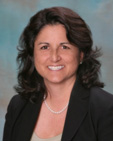
Barb Tengesdal, PhD
Dr. Tengesdal is the executive director of First 5 Fox Valley, leading the organization’s work in cultivating a community that empowers and supports every family in building a solid foundation for young children. In her role, Dr. Tengesdal is responsible for advancing the strategies, goals, and initiatives of the First 5 Fox Valley early childhood coalition and sharing expertise in child development that is critical to building the infrastructure of the new Help Me Grow Wisconsin navigator system that matches families with young children to the resources available in local areas.
She is a respected leader in the field of early childhood. Dr. Tengesdal is a national technical consultant to the BUILD Initiative’s Prenatal to 3 Capacity Building Hub supporting states and communities in creating early childhood systems and policies priorities. She has taught ECE courses at colleges and universities in three states, was a lobbyist on children’s issues, and a policy fellow with the Children’s Defense Fund and National Women’s Law Center. At the heart of her values, she believes that childhood should be a journey, not a race through life.
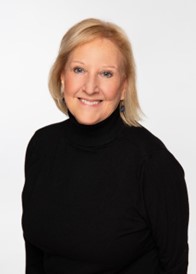
Jennifer Koop, PhD, ABPP
Dr. Koop is a pediatric neuropsychologist and professor of neurology who has been on faculty at the Medical College of Wisconsin since 2005. She is, or has been involved in, numerous studies investigating the cognitive outcomes associated with a variety of neurological disorders. She is the primary investigator on two large clinical databases and was the primary investigator on a funded research project using fMRI in children with posterior fossa tumors. Dr. Koop was a clinical research scholar at the Medical College of Wisconsin for two years.
As a pediatric neuropsychologist, Dr. Koop has the specialized training and expertise to explore the brain-behavior relationships and the impact that various neurological insult or disease, including socioeconomic stressors, have on the developmental trajectory of specific cognitive functions. An individual’s cognitive profile has direct implications on educational, employment, and psychological outcomes. Understanding the cognitive profiles in children with neurological disorders can assist with treatment planning in order to maximize developmental progress and psychosocial outcomes. Thus far, her focus has been on children with epilepsy, particularly those undergoing epilepsy surgery, as well as brain tumors, although she has also been involved in various capacities on studies examining a variety of other neurological conditions. Dr. Koop has clinical expertise in early cognitive development and evaluation of cognitive functioning in preschool-aged children.
More recently, Dr. Koop has worked with community collaborators to identify novel strategies to promote early intervention for young children with delays or with limited access to developmental resources.
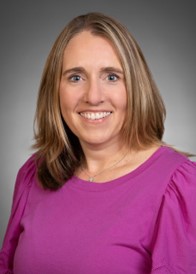
Melissa Passarelli, MA
Melissa serves as the associate director of implementation and system-building at the Help Me Grow National Center. Prior to this role, Melissa served as the director of programs at Docs for Tots where she directed Help Me Grow Long Island, acted as the local Early Childhood Comprehensive Systems Grant (ECCS) team lead, provided technical assistance to physicians and other providers on implementing screening initiatives, and coordinated Help Me Grow efforts across New York State. Melissa was the Centers for Disease Control and Prevention’s (CDC) Act Early Ambassador for New York State from 2019-2022 and has been a board trustee for T1International since 2020.
Melissa has an MA in International Disaster Psychology from the University of Denver and a BA in Psychology and Public Policy from The George Washington University. During her education she trained as a trauma therapist and helped establish Denver’s Trauma & Disaster Recovery Clinic, as well as worked for nonprofits such as First Book.
